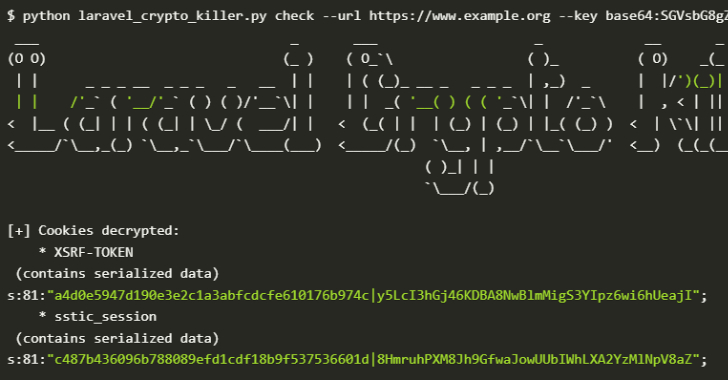Hyper-Volumetric DDoS Attacks Reach Record 7.3 Tbps, Targeting Key Global Sectors
Cloudflare on Tuesday said it mitigated 7.3 million distributed denial-of-service (DDoS) attacks in the second quarter of 2025, a significant drop from 20.5 million DDoS attacks it fended off the previous quarter. “Overall, in Q2 2025, hyper-volumetric DDoS attacks skyrocketed,” Omer Yoachimik and Jorge Pacheco said. “Cloudflare blocked over 6,500 hyper-volumetric DDoS attacks, an average…
Read more










